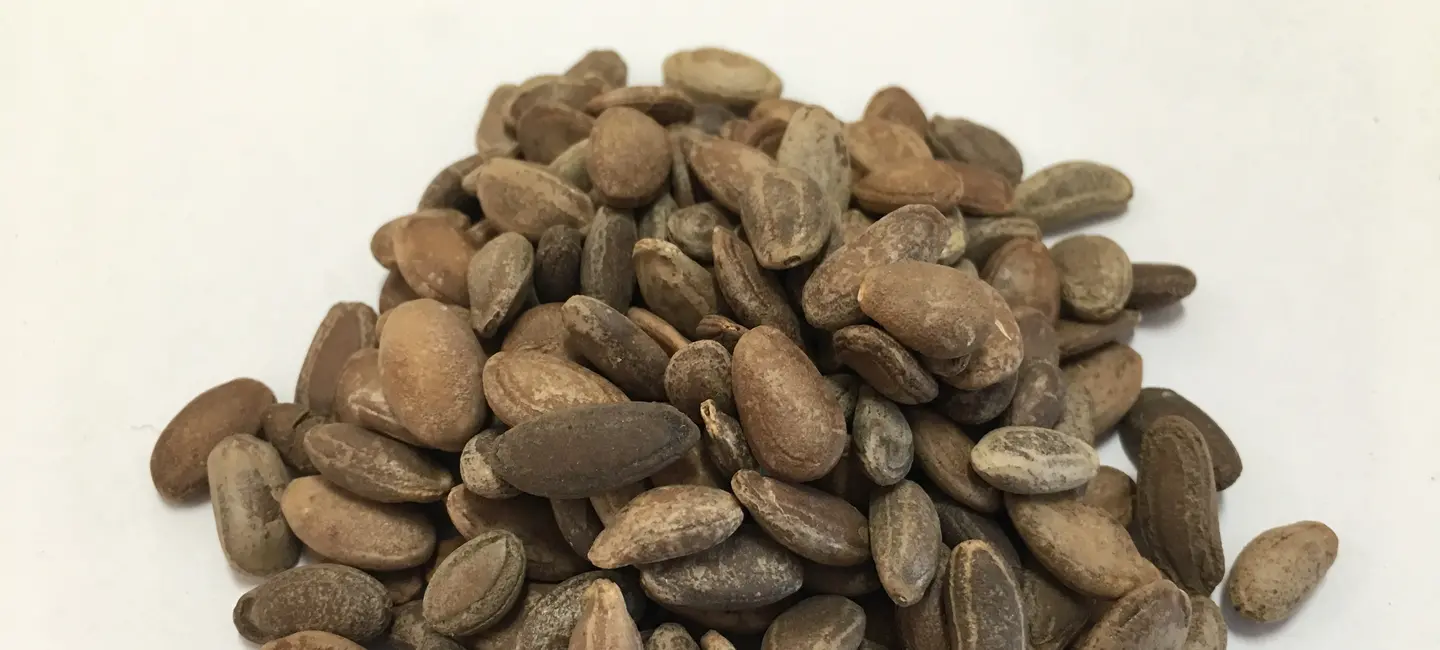
Ignatius bean is the seed of the St. Ignatius tree. The bean is used to make medicine.
Despite serious safety concerns, some people use Ignatius bean to keep from fainting or as a bitter or tonic, but there is no good scientific evidence to support these uses.
Is It Effective?
NatMed Pro rates effectiveness based on scientific evidence according to the following scale: Effective, Likely Effective, Possibly Effective, Possibly Ineffective, Likely Ineffective, Ineffective, and Insufficient Evidence to Rate.
- Preventing fainting.
- Other uses.
More evidence is needed to rate Ignatius bean these uses.
Is it Safe?
Ignatius bean contains the poisons strychnine and brucine. These chemicals affect the transmission of nerve impulses to muscle.
When taken by mouth: Ignatius bean is UNSAFE. Two of the chemicals in Ignatius bean, strychnine and brucine, are considered poisonous. The US Food and Drug Administration (FDA) banned strychnine from nonprescription drug products in 1989.
Side effects and toxicities include restlessness, feelings of anxiety, heightened sense perception, enhanced reflexes, dizziness, painful neck and back stiffness, twitching, jaw and neck spasms, painful convulsions of the entire body, increased muscle tension, difficulty in breathing, seizures, kidney failure, and death.
Long-term use of Ignatius bean, even in amounts so small that they don't seem to cause side effects, can be fatal.
Special Precautions & Warnings:
It's UNSAFE for anyone to take Ignatius bean. But Ignatius bean is especially dangerous for people with the following conditions:
Pregnancy and breast-feeding: It is UNSAFE to use Ignatius bean if you are pregnant or breast-feeding. It is poisonous, and can harm you and the baby.
Liver disease: Strychnine builds up in individuals with liver damage, making poisoning more likely, even with small doses.
It is not known if Ignatius Bean interacts with any medicines. Before taking Ignatius Bean, talk with your healthcare professional if you take any medications.
There are no known interactions with herbs and supplements.
There are no known interactions with foods.
The appropriate dose of Ignatius bean depends on several factors such as the user's age, health, and several other conditions. At this time there is not enough scientific information to determine an appropriate range of doses for Ignatius bean. Keep in mind that natural products are not always necessarily safe and dosages can be important. Be sure to follow relevant directions on product labels and consult your pharmacist or physician or other healthcare professional before using.
Bean of St. Ignatius, Fiève de Saint-Ignance, Habas de San Ignacio, Ignatia, Ignatia Amara, Lu Song Guo, Saint Ignatius-beans, Strychnos ignatii, Strychnos tieute.
Information on this website is for informational use only and is not intended to replace professional medical advice, diagnosis, or treatment. While evidence-based, it is not guaranteed to be error-free and is not intended to meet any particular user’s needs or requirements or to cover all possible uses, safety concerns, interactions, outcomes, or adverse effects. Always check with your doctor or other medical professional before making healthcare decisions (including taking any medication) and do not delay or disregard seeking medical advice or treatment based on any information displayed on this website.
© TRC Healthcare 2024. All rights reserved. Use and/or distribution is permitted only pursuant to a valid license or other permission from TRC Healthcare.
